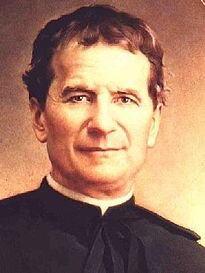
Our Patron Saints
As men who aspire both to cultivate their own interior life and to put the fruits of this prayer into action, the community’s founders looked to examples of saints who could help us form our heads, hearts, and hands for the work.
St. Ignatius of Loyola
The founder of the Jesuits, St. Ignatius of Loyola, inspired a rigorously disciplined army of men who were ready to hold up Christ’s light and proclaim loudly the Gospel truths. His Spiritual Exercises forged strong wills and molded sharp minds into sturdy tools for the building of the kingdom, challenging participants to develop a prayer life that was at once scriptural, personal, highly sensory, and intensely rational. The Jesuits helped re-form generations of lay Christians through their sodalities of the Blessed Virgin Mary; in many ways, the parish-based CLCs run by Youth Apostles and the Youth Apostles community itself are direct descendants of these sodalities.
St. Francis of Assisi
If St. Ignatius is the “head” of Youth Apostles, the “heart” of the community is St. Francis of Assisi. St. Francis truly gave up everything he had for the sake of Christ and his Church and he did so at a time when, for many, anything more than cultural interest in the faith stood out as foolish. He embraced poverty, sickness, and rejection so he could become a more genuine and selfless disciple of Christ, and he exhorted his brothers to do the same. Utterly emptied of himself, Francis set a seemingly unattainable standard for living the Christian faith. It is in Francis, perhaps, that we see most clearly how embracing the Truth and living Jesus’ universal call to love God above all things and our neighbors as ourselves comprise the clearest and simplest path to the freedom and happiness we crave.
St. John Bosco
It is a more modern saint who best exemplifies how we are to do the work to which Christ calls us. As the drive to industrialization forced communities and families apart and scattered them to seek their livelihoods further from home than ever before, St. John Bosco developed a method to reach out to and educate the young people who were most directly exposed to the new dangers. Working primarily with the poor and the orphaned, Don Bosco gave young people deep care, formation in the faith, personal stability, a sense of moral order, and communities built on loving relationships. He didn’t just work with the young; he lived among them, befriending them and looking out for their interests, doing everything he could to give them opportunities to grow and to discover the persons God had made them to be. For Don Bosco, the new dangers were the displacement and the loss of ties to family and God, as well as the industrial cities that had become centers for dehumanization. For us as would-be “Apostles to Youth,” we find added to that list of dangers drug addiction, a contraceptive mentality that distorts the true purpose of human sexuality, errant messages of materialism and moral relativism, and a loss of respect for traditional institutions such as the Church and the family. Through God’s grace, however, we are heartened also to find so many young men and women who have spotted the counterfeits and have opened their hearts to Christ.



